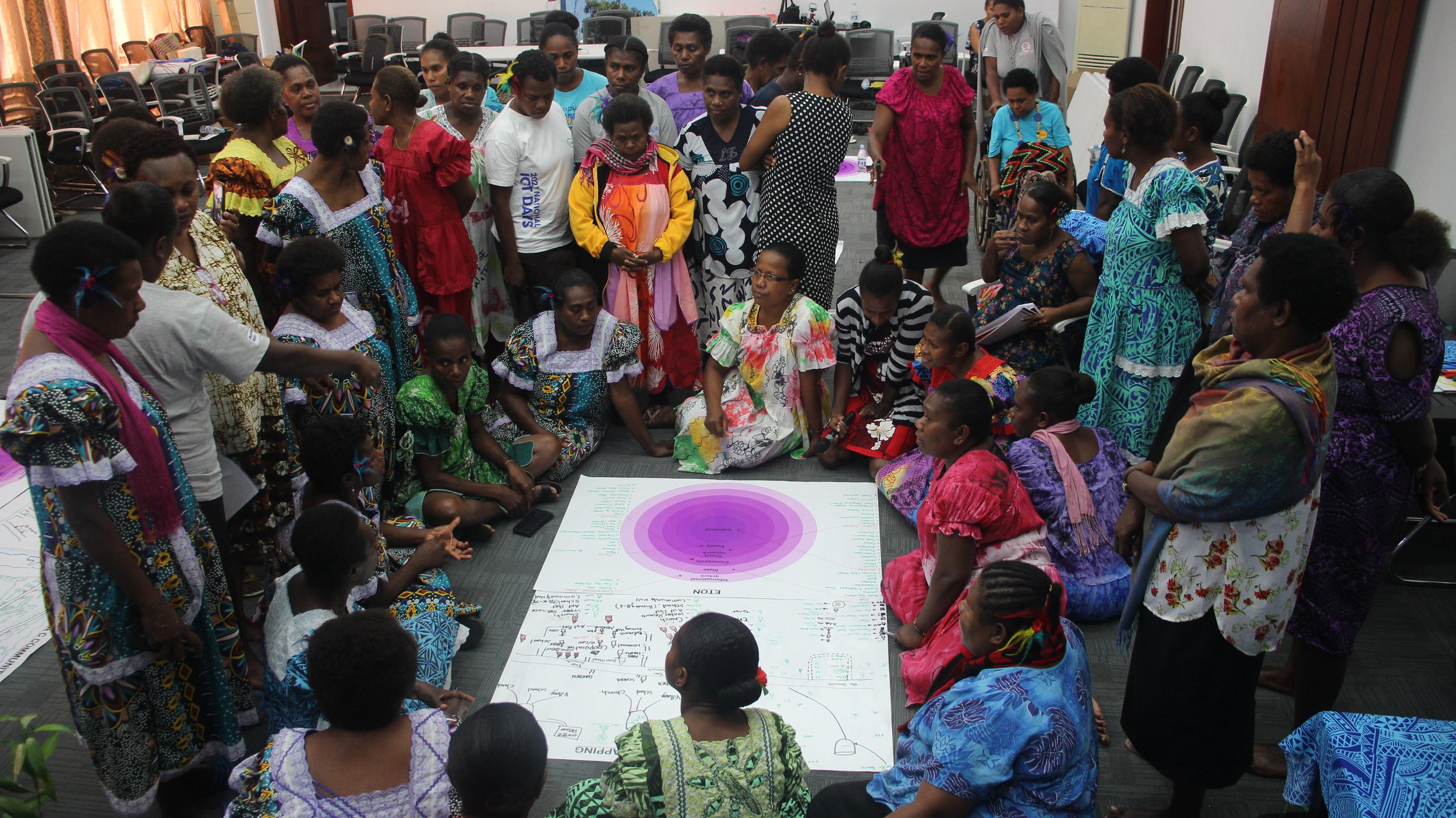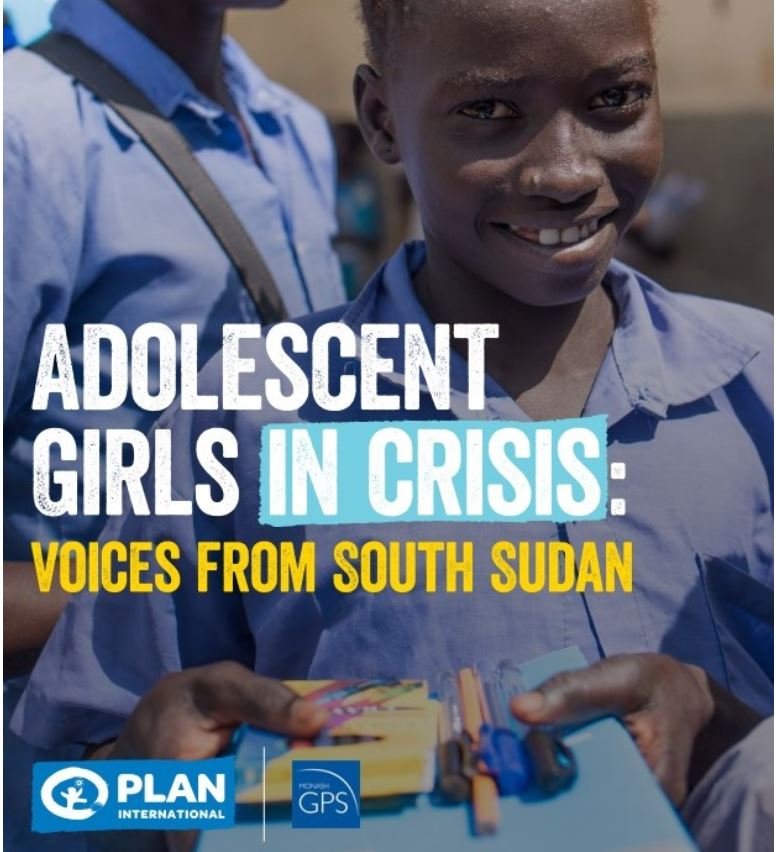
Gender equality
Women and girls are key agents of change for building the resilience of their communities. Their experience, knowledge, equitable participation, and leadership is critical to recovery and resilience. But they also face heightened risks during disasters.
AHP takes an inclusive approach to humanitarian, disaster risk reduction and resilience programming by challenging gender norms, supporting women’s leadership and participation, preventing violence, and ensuring women’s rights are being upheld.
During the first five years of AHP, protection was the most frequently-supported sector in humanitarian responses undertaken by the partnership. These responses included child protection, gender-based violence services, disability inclusion, and inclusive education.
Through the partnership, Australian NGOs are resourced to work with leaders, groups, and organisations (formal and informal) in a transformative way to ensure that women have agency and voice in decision making, implementation and review of all activities. Preventing and addressing violence is a continuing priority.
Videos
To support the delivery of gender and child protection in disasters, CARE Vanuatu conducted a Training of Trainers workshop for AHP Disaster READY partners on the Gender in Humanitarian Action workshop methodology.
Menstrual hygiene is a huge challenge for Rohingya refugee women with limited privacy in the camps. As part of the AHP response to the Rohingya refugee crisis, CARE Bangladesh piloted a communal laundry with menstrual hygiene management facilities in the camps in Cox’s Bazar.
Paulina shares how her involvement with Disaster READY in Timor-Leste has helped her support her community to be better prepared for disasters.


















A scoping report on gaps and opportunities for improving diverse SOGIESC inclusion in cash transfer and social protection programs, during the COVID-19 crisis and beyond.